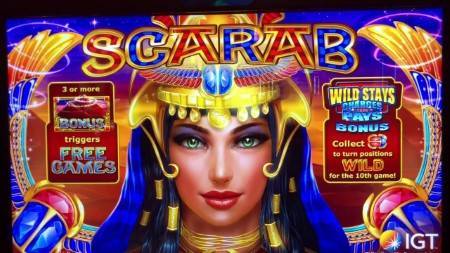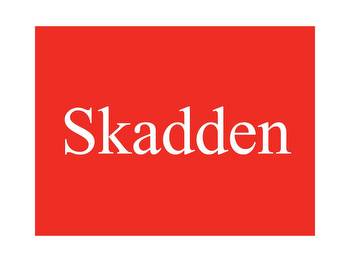U.S. State Regulators Aim to Shutter NFT Casino

Security regulators in two U.S. states have issued cease-and-desist orders against an online casino offering non-fungible tokens.
Sand Vegas Casino Faces C&D
Alabama’s State Securities Commission reported that it has filed a cease-and-desist order against Sand Vegas Casino Club. The Texas State Securities Board has also filed a cease-and-desist order and published its own commentary on the case.
The Alabama State Securities Commission said in a press release that Sand Vegas Casino Club sold NFTs to fund the development of a virtual casino in the Metaverse. These actions, it said, constituted an illegal securities offering and a fraudulent investment scheme.
The accusation extended to the operators of the casino, Martin Schwarzberger and Finn Ruben Warnke, as well.
Regulators also warned that the casino’s security was compromised earlier this year. A social media spoofing attack stole 50 ETH ($154,000) from the program’s investors in January.
NFT Operation Could Continue
The order says that the casino operators incorrectly told investors that their NFTs were not regulated as securities and falsely claimed that securities laws do not apply to NFTs.
Now, the operators are reportedly “devising a scheme to obstruct” regulation attempts. The operators are supposedly introducing “illusory features” and describing their plans with new terminology.
Sand Vegas Casino Club appears to be operational as of Apr. 14. The NFTs appear to remain in circulation as well: OpenSea reports that the last transfer took place at 8:36 PM UTC today.
The non-fungible tokens were originally advertised to investors as a source of profit. A single Gambler NFT was expected to earn investors $102 to $2,040 per month, while a single Golden Gambler NFT was expected to earn $540 to $6,750 per month.
Regulatory Action Against NFTs
While regulatory action against illegal cryptocurrency activities is common, actions against NFT schemes are somewhat rarer.
Still, cases involving NFTs are not unheard of. In March, the Department of Justice charged the creators of Frosties NFTs with fraud. In February, UK tax authorities seized NFTs in a tax fraud case.
It is likely that regulators will pursue similar cases as the NFT industry grows. The value of the NFT market surpassed $40 billion in 2021, according to the blockchain analytics firm Chainalysis.




































